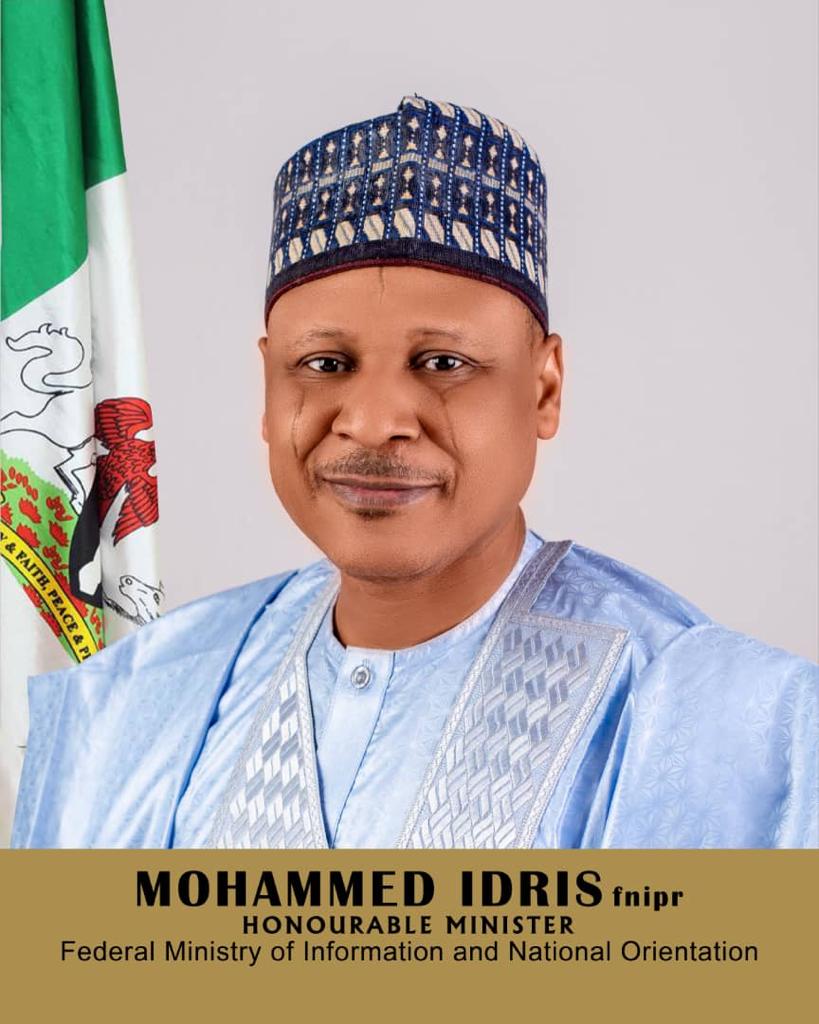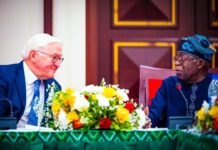By Lisa Ann Elges 18 June 2012
 Corruption has finally made it onto the Rio+20 agenda. Released over the weekend, the latest draft of the “Future we Want” outcome document recognizes for the first time that “corruption diverts resources away from activities that are vital for poverty eradication, the fight against hunger and sustainable development” – the goals of the summit. As negotiators prepare for a final round of talks June 20-22, it is crucial that leaders sustain momentum towards a corruption-free future.
Corruption has finally made it onto the Rio+20 agenda. Released over the weekend, the latest draft of the “Future we Want” outcome document recognizes for the first time that “corruption diverts resources away from activities that are vital for poverty eradication, the fight against hunger and sustainable development” – the goals of the summit. As negotiators prepare for a final round of talks June 20-22, it is crucial that leaders sustain momentum towards a corruption-free future.
Khadija Begum could tell negotiators why anti-corruption safeguards are needed for sustainable development to happen. She lost her home in cyclone Aila, which ravaged southern Bangladesh in 2009. Two years later, the government selected Khadija for one of 2,000 new houses, paid for by the national climate fund at a cost of U.S. $1,400 each. The result: a floor, four pillars and a roof. Khadija’s “home” has no walls, no running water and no toilet.
Left unchecked, public money for development has historically gone missing. It can end up going to the man who pays the biggest bribe rather than the best man for the job. It might be used to buy votes, or to fund a lavish election campaign. It risks falling prey to embezzlement, kickbacks and rent-seeking. The same must not be allowed to happen with climate finance – touted to be worth an unprecedented US $100 billion per year by 2020. Making climate finance corruption-free is integral to ensuring economic growth that guarantees a healthy planet and jobs well into the future.
As our planet’s temperature continues to rise, so too do the stakes. The barrage of intense floods, storms and droughts that climate change has in store threatens to arrest development not only in poorer countries but everywhere, making it all the more crucial that money invested in mitigating and adapting to climate change ends up where it’s needed.
Transparency and accountability are our strongest weapons in the fight against corruption. Funds for the construction of Khadija’s house were allocated at the district level, but had reportedly been subcontracted locally. She told Transparency International Bangladesh how the builders sold the iron and cement they were given and built her house from tin and sand. They weren’t officially accountable to anyone, so their work went unmonitored. And the money they were entrusted with slipped off the radar.
Climate finance flows need to be made visible and understandable. At present, data is hard to come by and difficult to compare. A 2011 study by Publish What You Fund spotlighted bewilderingly low standards of aid information provided by donors. The only data found on one of France’s top aid recipients, Cote d’Ivoire, was about a project commemorating thirty years of research on chimpanzees. Information provided by Austria purported that the fourth largest recipient of funding from the country’s aid agency was the government of Austria.
When money arrives in-country, strangleholds on access to information can make it hard to track. Our national chapters in Bangladesh, Dominican Republic, Kenya, Maldives, Mexico and Peru have been attempting to map out climate finance spending in their countries. Beyond the path the money takes, they want to know who’s managing it, who decides how it’s spent, and who’s checking that it’s achieving what it should. In some cases, these questions are unanswerable; either the information isn’t documented or the public isn’t privy to it.
Governments gathered in Rio this week can take a first step to achieving sustainable development by opening up their books to public scrutiny. The International Aid Transparency Initiative will show them how; it’s a laudable initiative aimed at standardising aid data so as to ensure that it’s detailed, timely, comparable and trackable over time. Climate finance should figure here too.
Clearing up grey zones or loopholes in accountability will also be important. People should be answerable to decisions they make about what money goes where and why; they shouldn’t be able to hide behind anonymity or special immunities. Clear procedures to determine liability and respective penalties will act as a deterrent to budding criminals. Involving communities in planning, prioritising and monitoring expenditures will also help guarantee that funds are spent fairly and effectively.
This worked in Bangladesh. An investigative journalist who took an interest in the whereabouts of climate finance discovered that tens of thousands of dollars had been awarded to organizations that were owned by or had links to the ruling political party. Following pressure from Transparency Bangladesh, the government launched an official investigation.
Corruption doesn’t disappear when ignored, it flourishes. By calling for robust anti-corruption actions, Rio+20 delegates can help build the future we all want. That future is achievable, but it requires decisive and unequivocal action from all countries. Rio+20 presents an unprecedented opportunity to make that happen.
Culled from devex.com



